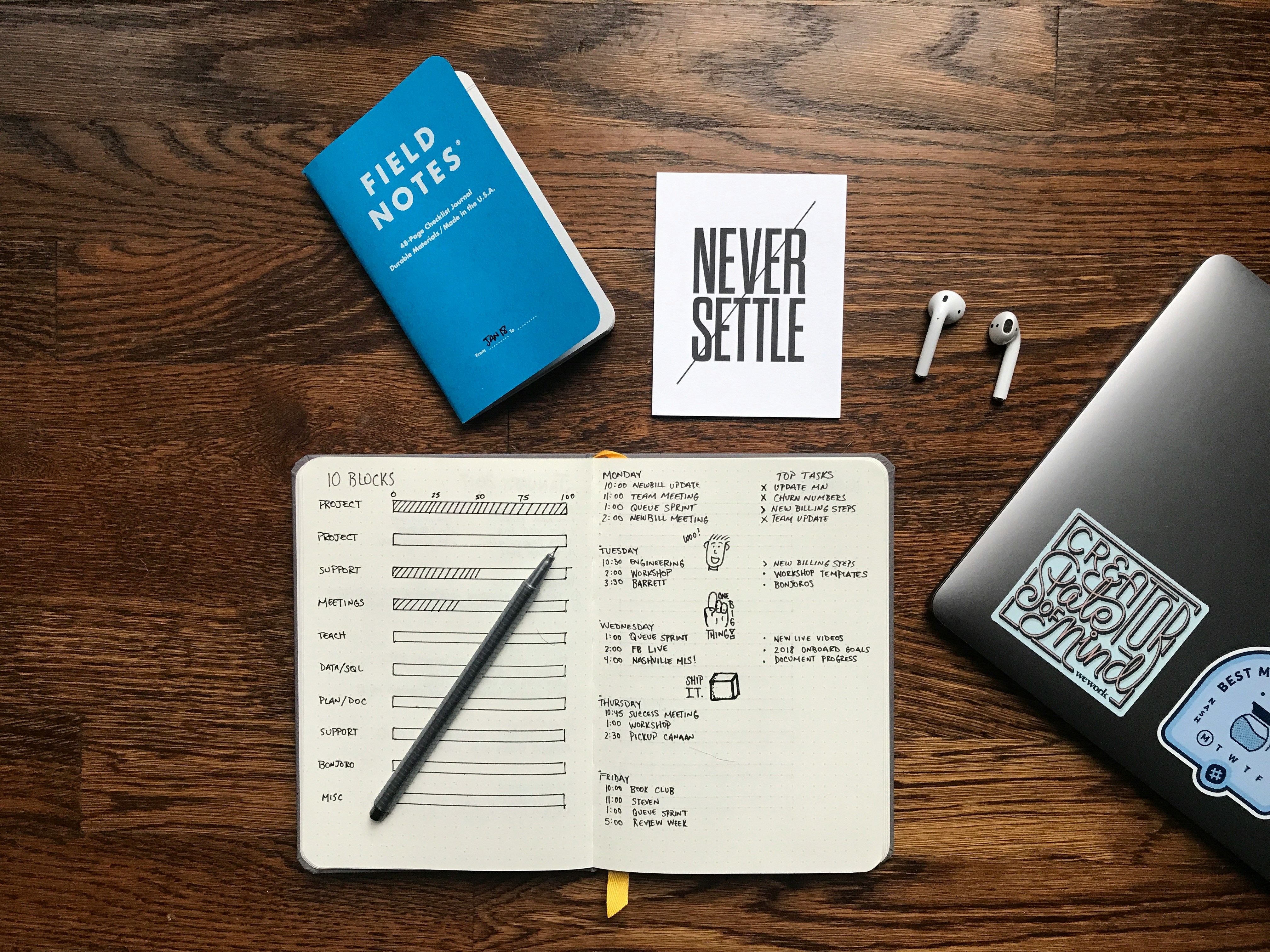As the parent or guardian of a teen, you know that their sense of self is always evolving. As their bodies change, their minds are evolving, all while they learn and grow. From new interests and goals to new fashion styles and beliefs, your teen is slowly growing into a unique human being, soon to be a self-sufficient adult. Meanwhile, though, your teen is relying on you for care, guidance, and support.
At this age, your child is developing more independence and the beginnings of the identity that will guide them into adulthood. Whether they dive in with confidence or struggle with self-esteem, this process is an involved one—and one that can always benefit from a hand. While it’s important to let your teen find themself on their own, you can help point them in the right direction and remind them that you’re here for them, no matter what.
Understand that their journey might be unexpected.

When you became a parent, your life plan changed forever. Now, it included a visual of dance recitals, sports games, and law school applications—all of your wildest dreams for your little one as they grow. You want the best for your child throughout their life so it’s no surprise that you create your own unique versions of what the best life will look like. When they’re young, your daydreams of their future can help shape their own goals. But, as they grow, they’re more likely to stray from your original vision of their perfect life.
Approaching adulthood, your teen will develop not just their sense of self in the present, but that which they aspire to as they age. It’s very likely that the goals they set and the vision they have for themself won’t match your earliest dreams for them. Even in the short term, their goals and blossoming sense of self might be opposed to your plan. High school students might dream of heading to the Ivy League or plan to take a less conventional route. They might want to start their own business or work in retail to save up for their loftier dreams. They might even set aside a lifelong goal. Remember that your teen is becoming their own person—their adult self might not have the same plans as the child did, or that you had for them.
Provide tools to let them become the best version of themself.

In high school, in particular, teens face issues with confidence, judging their bodies and critiquing their skills both in and out of the classroom. As their parent, you can help them find tools to build that confidence and become the best possible version of themselves that they aspire to be.
If your daughter is insecure about her breasts being larger than her peers’, a minimizer bra can make the difference less noticeable. The same is true in reverse—if she’s stressed by having a smaller chest than her classmates, a pushup bra can help her feel more confident. Be sure to find the right fit and as little or full coverage as she’d like to enhance her natural shape and let her feel as beautiful as she is.
For teens who are more focused on their brains than their looks, more academically-focused tools can be a great way to help a student succeed. Charter academy programs can give your child opportunities to experience hands-on learning, follow a special interest, or help guide them through unconventional circumstances. If your teen’s high school doesn’t offer these sorts of programs, research offerings elsewhere in the community that meet your child’s passions and goals. None available? Consult your teen to see if transferring to a more appropriate school system could be a good idea.
Guide them in setting realistic aspirations.

Even if your teen seems to think they know everything, they ultimately don’t have much life experience. Help your son or daughter to find a balance between their loftiest dreams and the safest life choices. A vision board can help your teen to visualize the life they’d like for their future self and the version of themself that will be. Send them scrolling through to Pinterest or through magazines to find images that catch their eye, whether that’s an aesthetic shot of crystals and lace or a powerful woman breaking the glass ceiling.
No one wants to limit their child’s wildest dreams. But you also don’t want to watch as those dreams are crushed, either. Don’t be negative, be realistic—your five-foot-four son probably won’t make it to the NBA, even if they really want to. Encourage your teen to set goals that meet in the middle or balance the scale. For large-scale goals, smaller milestones can help push them to that level. Smaller accomplishments can build momentum to reach their highest potential. Similarly, though, encourage them to move beyond small-scale goals that underestimate their abilities. A little discomfort along the way is expected but they just might find the successful self they dream of being in the process.
Avoid being judgmental.

All too often, teenagers find themselves with burgeoning identities that drive their parents mad. Whether it’s a newfound interest in Wicca or late-night drives with friends, your teen likely has interests and priorities that you don’t understand. But, as long as they aren’t harming themself or others, at least trying to wrap your head around the goals your teen sets and the pastimes that interest them can help strengthen your relationship and build their confidence in themself. After all, if they don’t feel like you trust them to make decisions when it comes to their passions, how can they expect you to support their long-term plans? If your teen wants to learn about witchcraft, give them the space to research deities, collect crystals, and order spell jars. If they feel comfortable talking to you about it, listen.
No matter what your expectations, or how much your teen’s reality seems to defer from them, you’ll find that your unconditional support is the best way to help them develop their unique identity. If they’re a BTS stan and proud “Army,” don’t just ask your teen if they even know what they’re saying. Let them talk about the topics that make their eyes light up so that, the next time they find a new aspect of their developing sense of self, they’re confident that you’ll support them, whether it’s their new favorite song or something more serious, like sexual orientation and gender identities. Talk to your teen with enthusiasm when they about their interests.
With newfound interests, increasingly defined aspirations, and a growing sense of who they want to be, your teen’s life is changing as they grow. They may rebel or focus intently on the future. You might be surprised by the choice they make, or utterly flabbergasted by the things that keep their interest. As they grow up, they’ll become a young adult, not just the child you remember.
Stay open-minded when those changes don’t stick to the life you visualized for them while guiding them to the goals that make sense for them. Offer a hand to help them feel more confident in the self they’re becoming. And, perhaps most importantly, support your teen—and their new identity—at every step of the way. If nothing else, knowing you’ll always be there for them can help your teen to develop a crucial sense of self with confidence.
Leave a Reply